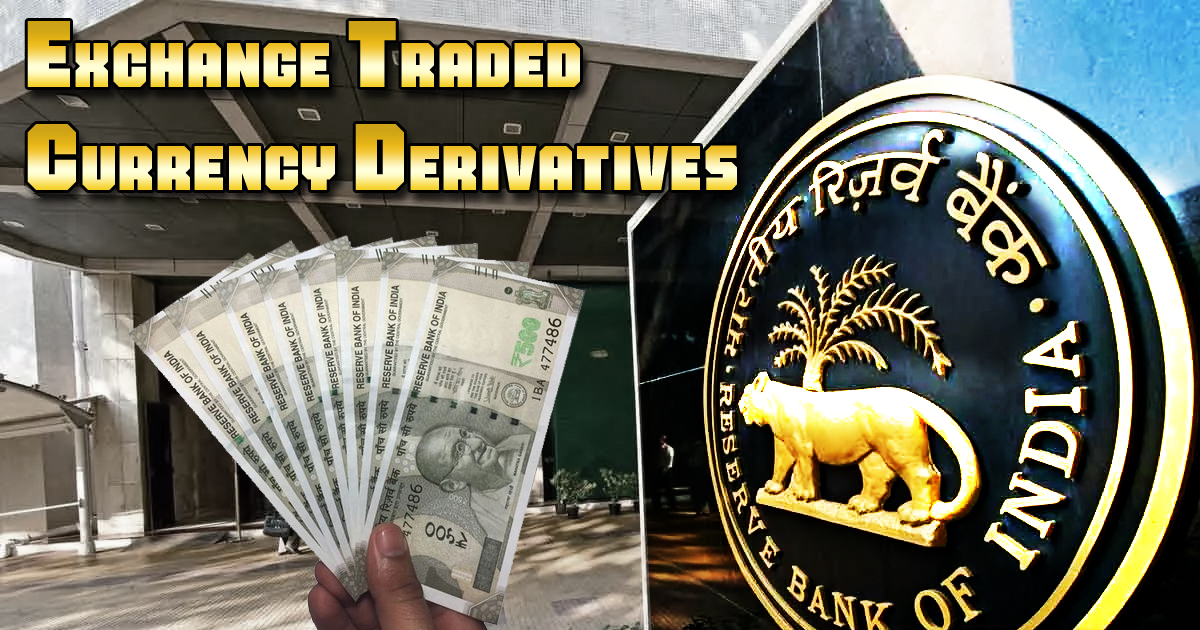
TABLE OF CONTENTS
News:
The Reserve Bank of India (RBI) Thursday deferred the implementation of norms on exchange-traded currency derivatives (ETCDs) linked to Indian rupee until May 3 following concerns by investors.
Concept :
- Derivatives are financial instruments whose value is derived from an underlying asset or group of assets. They include options, futures, forwards, and swaps.
- Exchange Traded Derivatives (ETDs) are derivatives contracts traded on an organized exchange where standardized contracts are bought and sold.
- Exchange-traded currency derivatives are financial instruments traded on organized exchanges that derive their value from the underlying foreign exchange rates. These derivatives provide market participants with a means to hedge against currency risks, speculate on currency movements, and access foreign exchange markets efficiently.
Types of Exchange-Traded Currency Derivatives:
- Currency Futures:
- Currency futures are standardized contracts that obligate the buyer to purchase or the seller to sell a specified amount of a particular currency at a predetermined price (exchange rate) on a future date.
- These contracts typically trade on regulated exchanges, such as the Chicago Mercantile Exchange (CME) or Eurex.
- They have standardized contract sizes, expiration dates, and settlement procedures, making them highly liquid and transparent.
Currency Options:
- Currency options provide the holder with the right, but not the obligation, to buy (call option) or sell (put option) a specified amount of currency at a predetermined price (strike price) within a specified period.
- Exchange-traded currency options are standardized contracts traded on organized exchanges, offering flexibility and risk management benefits to market participants.
- They allow investors to hedge against unfavorable currency movements while retaining the potential for gains from favorable movements.
 Chinmaya IAS Academy – Current Affairs Chinmaya IAS Academy – Current Affairs
Chinmaya IAS Academy – Current Affairs Chinmaya IAS Academy – Current Affairs
